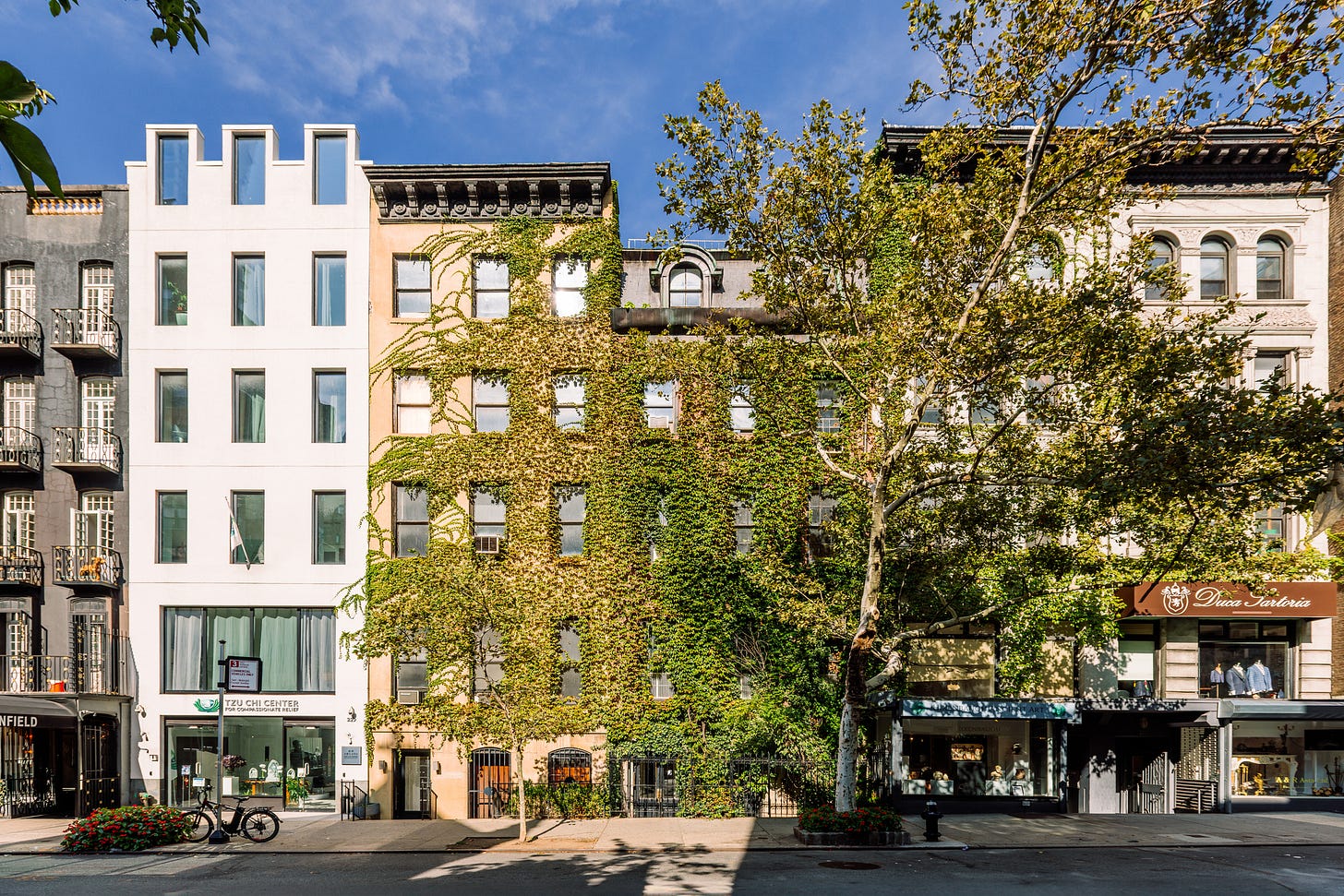Can the YIMBYs Actually Keep Winning?
And why Matt Yglesias won't acknowledge tenant protections
The YIMBYs are winning, so declares Matt Yglesias, the prominent liberal pundit. Short for “yes in my backyard,” YIMBYs are a loose association of advocates, urban planners, and writers who argue for more density to alleviate America’s housing shortage and price spikes. On the merits, as Yglesias delights in pointing out, the YIMBYs are correct. Many towns and cities do not build nearly enough housing. Zoning is far too strict. Much of this zoning exists to protect the incumbent homeowner at the expense of the poorer tenant. Some of these zoning restrictions have racist origins, though homeowners of all backgrounds can become virulent opponents of apartment construction. “The core YIMBY thesis that quantitative restrictions on housing production are costly to the economy and harmful to society is true,” Yglesias writes. Though there is no formal YIMBY umbrella organization, Yglesias and his assistant rounded up more than 100 policy victories across America that they attribute to YIMBYs, like Cincinnati legalizing accessory dwelling units or Wisconsin creating a new loan fund program for housing.
Ultimately, the YIMBYs are winning because they are escaping the vortex of political polarization, Yglesias argues, enlisting Democrats and Republicans in their cause. They have not let progressive orthodoxy bog them down. They should not be “tone-policed” as various writers on the left and right have done. In New York, where YIMBYs have notably failed, Yglesias believes they simply have to become more bipartisan, drawing suburban Republicans and Democrats to their mission. Gov. Kathy Hochul, a Democrat, could not convince the Democrat-dominated legislature to support her plan for a forced upzoning of the downstate region, including Long Island and Westchester. Had Hochul pursued “a layered approach to reform, where the most ambitious ideas don’t pass but some smaller stuff gets done” she might have found more success, according to Yglesias. He simplifies the New York dynamic; powerless Republicans in the Assembly and Senate aren’t going to convince Democrats to act, and most of them remain staunch NIMBYs. In some theoretical world, though, bipartisan buy-in could be nice. And smaller victories are possible, like Hochul’s move to legalize ADUs.
In truth, I do not know what Hochul’s grand plan for next year is, or if she even has one. The State Assembly, where a great deal of the resistance to the outer borough and suburban upzoning resides, is not budging, and Hochul has not demonstrated she’s capable of forcing them to change their minds. The governor has a great deal of power in New York, but that power must be exercised. Andrew Cuomo, for all his failings, understood the bully pulpit and the backroom. Cuomo would not have had Hochul’s courage to challenge an entrenched suburban constituency. But if he wanted to do so, he would have found a way to succeed through some mix of intimidation and horse-trading. It is still remarkable that Hochul granted the state legislature significant pay raises last year and asked nothing in return.
Hochul and Yglesias do share something in common: they are YIMBYs who seem to have no regard for rent stabilization measures. After I last wrote on YIMBYs and their disregard for tenant protections, many messaged me to point out there are YIMBY advocates and organizations who care a great deal about tenants. Open New York, the chief YIMBY organization in the state, supports the long-stalled Good Cause eviction legislation that would limit rent increases for every tenant statewide and make it harder for landlords to evict them. In California, YIMBY organizations have also endorsed various tenant-friendly bills. The people most involved in the legislative fights Yglesias praises do seem to care about the capriciousness of the real estate market. Yes, over a long period of time—many years, even decades—housing supply increases will bring down the cost of renting and even home ownership. We are still suffering from the lack of building that came out of the 2008 economic crash.
Yet Yglesias, perhaps the most famous YIMBY of them all, has published another piece dedicated to the movement that says nothing about rent stabilization, rent control, or passing legislation to help tenants stay in their homes. Why?



